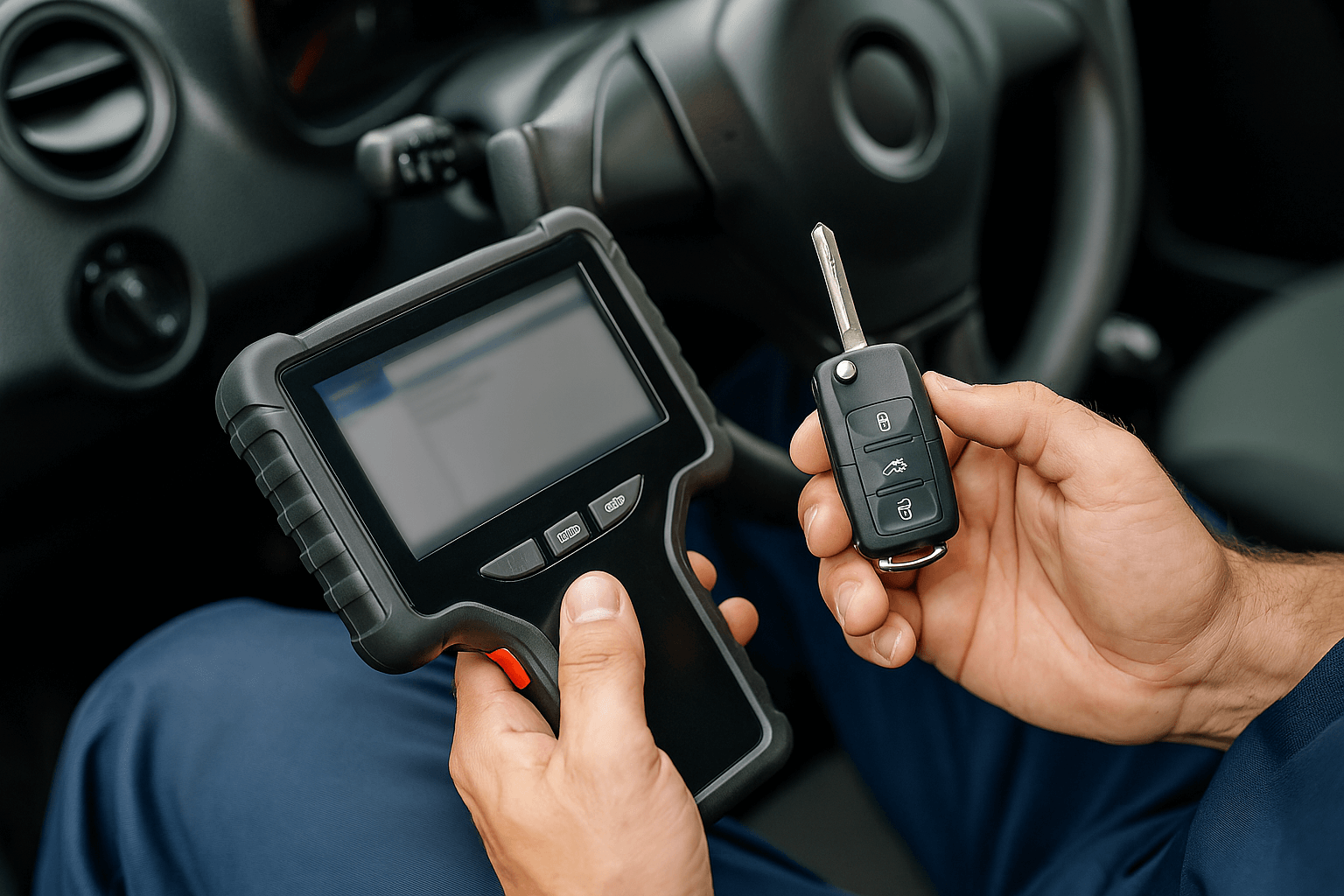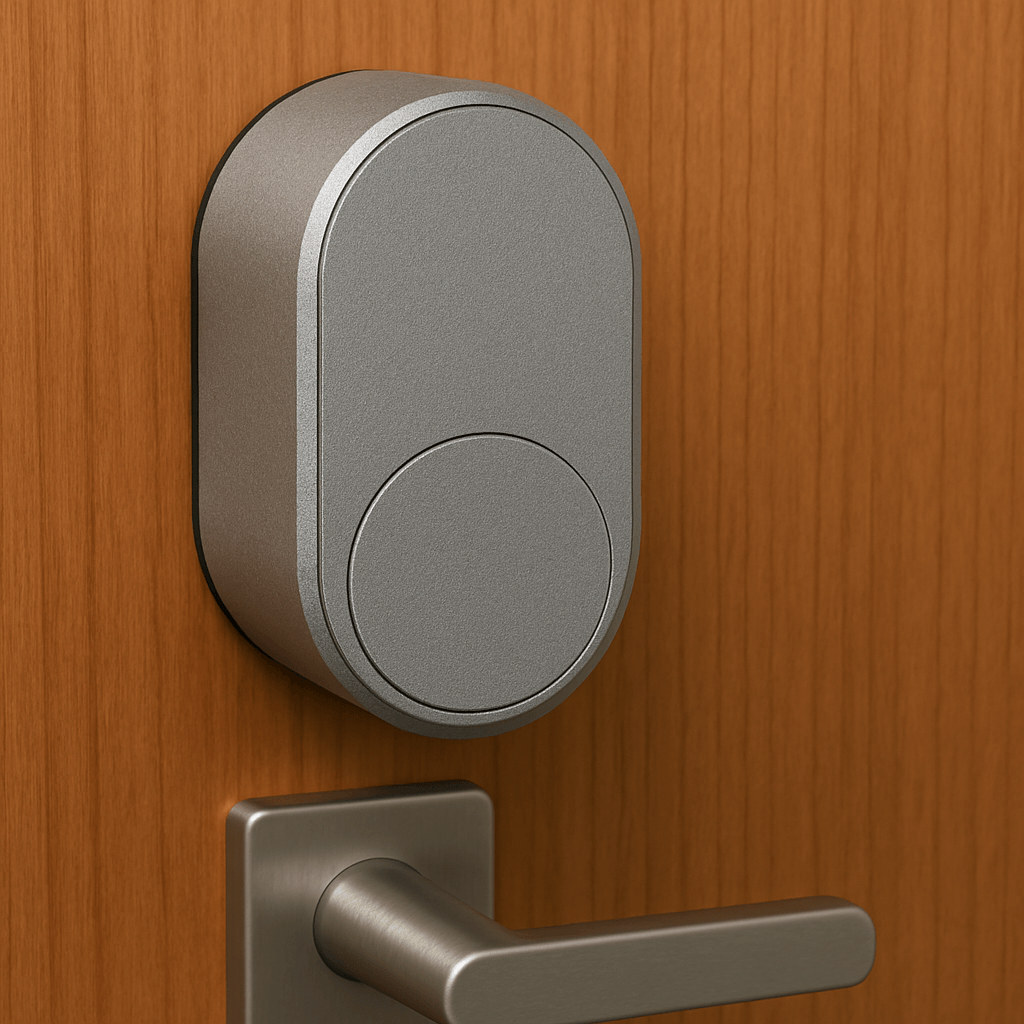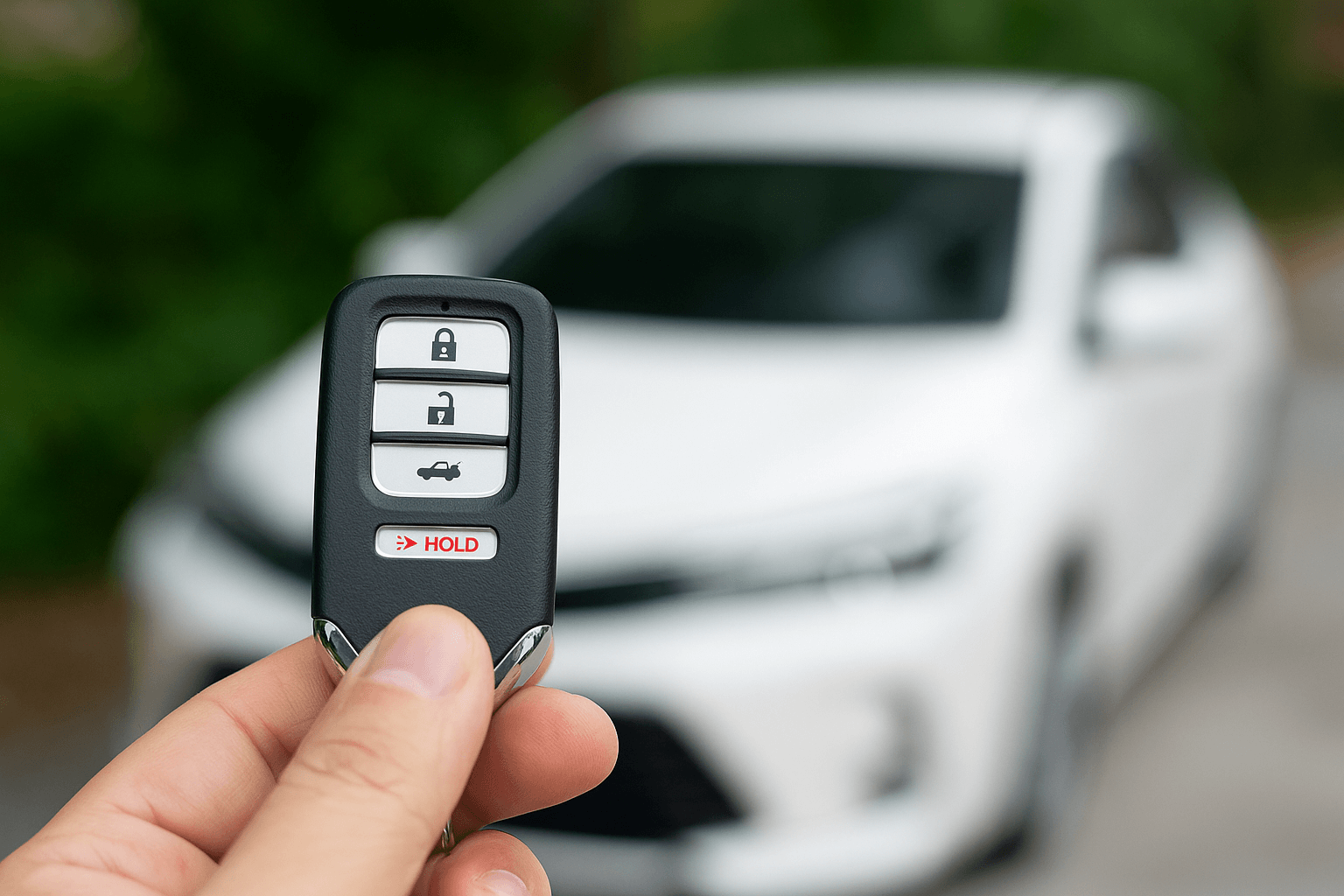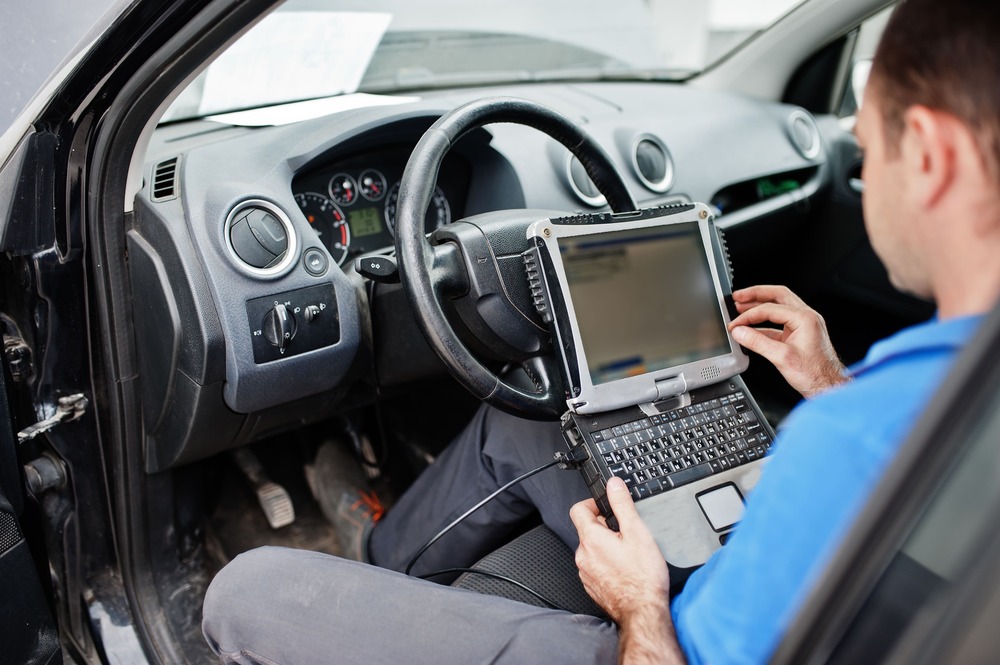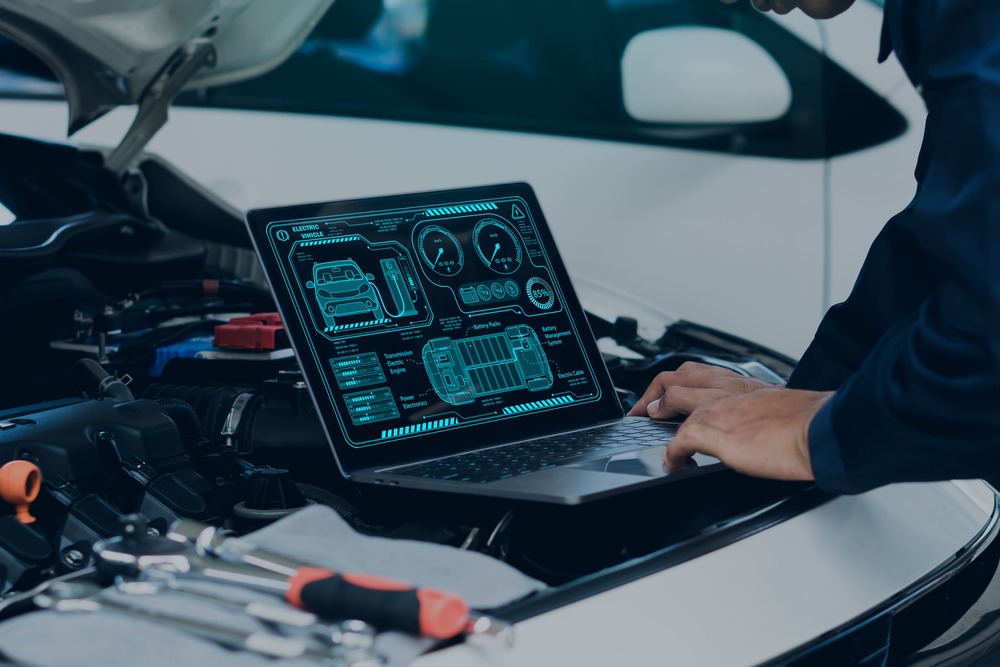Computer-controlled fuel injection systems are crucial for modern vehicles, providing precise fuel delivery to the engine for optimal performance and efficiency. While these systems are typically reliable, they can develop problems that affect the vehicle’s functionality. Understanding common issues and knowing how to address them can help maintain your vehicle’s performance and extend its lifespan.
Call (305)860-1440 For 24/7 Service
Common Symptoms of Fuel Injection System Problems
- Engine Misfires:
- Occurs when the engine fails to fire correctly, often resulting in uneven running, increased emissions, or decreased power.
- Rough Idling:
- The vehicle may shake or jerk while idling, indicating irregular fuel delivery.
- Poor Fuel Economy:
- Increased fuel consumption can suggest that the fuel injection system is not optimizing the fuel-air mixture effectively.
- Check Engine Light:
- A lit check engine light is a common sign that there may be an issue within the fuel injection system, often detected by the vehicle’s onboard diagnostics (OBD) system.
Causes of Fuel Injection System Problems
- Dirty or Clogged Injectors:
- Fuel injectors can become clogged with dirt and debris, which can impede the flow of fuel.
- Faulty Sensors:
- Sensors such as the oxygen sensor, mass airflow sensor, or throttle position sensor provide critical data for fuel mixture adjustments. Faulty sensors can lead to improper fuel delivery.
- Electrical Issues:
- Problems with wiring or electrical connections to the fuel injectors or sensors can disrupt the system’s ability to function correctly.
- ECU (Engine Control Unit) Problems:
- Issues with the vehicle’s ECU can prevent it from correctly processing sensor inputs and controlling the fuel injectors.
Diagnostic Steps
- Check for Diagnostic Trouble Codes:
- Use an OBD-II scanner to retrieve any fault codes that may indicate specific issues within the fuel injection system.
- Inspect the Fuel Injectors:
- Look for signs of clogging or damage. Conduct a flow test to ensure each injector is delivering the correct amount of fuel.
- Test the Sensors:
- Perform diagnostics to ensure critical sensors are functioning correctly and providing accurate data to the ECU.
- Examine Electrical Connections:
- Check all related wiring and connectors for damage or corrosion that could affect signal transmission.
Repair and Maintenance Tips
- Clean or Replace Fuel Injectors:
- If injectors are clogged or faulty, cleaning them may restore functionality. If damage is significant, replacement may be necessary.
- Replace Faulty Sensors:
- If diagnostics identify a faulty sensor, replacing it can often resolve the issue.
- Repair Electrical Faults:
- Fix any issues with the wiring or connections to ensure reliable operation of the fuel injection system.
- ECU Testing and Repair:
- If problems are suspected with the ECU, professional testing and, if necessary, repair or replacement should be carried out.
FAQ
Q: How often should I check my fuel injection system? A: It’s wise to include the fuel injection system in your regular vehicle maintenance schedule. An annual check is often sufficient unless symptoms of a problem arise.
Q: Can I clean fuel injectors myself? A: Cleaning fuel injectors can sometimes be done using a fuel additive or a fuel injector cleaning kit, but for thorough cleaning or if you’re unsure, professional service is recommended.
Q: What are the signs that my ECU may be failing? A: Signs of ECU problems include the check engine light turning on, erratic engine behavior, or unexplained drops in fuel efficiency.
Q: Are fuel injection problems expensive to fix? A: The cost can vary widely depending on the specific issue and the vehicle model. Sensor replacements may be relatively affordable, whereas ECU repairs can be more costly.
Conclusion
Proper maintenance and timely troubleshooting of your vehicle’s computer-controlled fuel injection system are key to ensuring optimal engine performance and efficiency. By understanding the common issues and how to address them, you can prevent minor problems from becoming major concerns.

